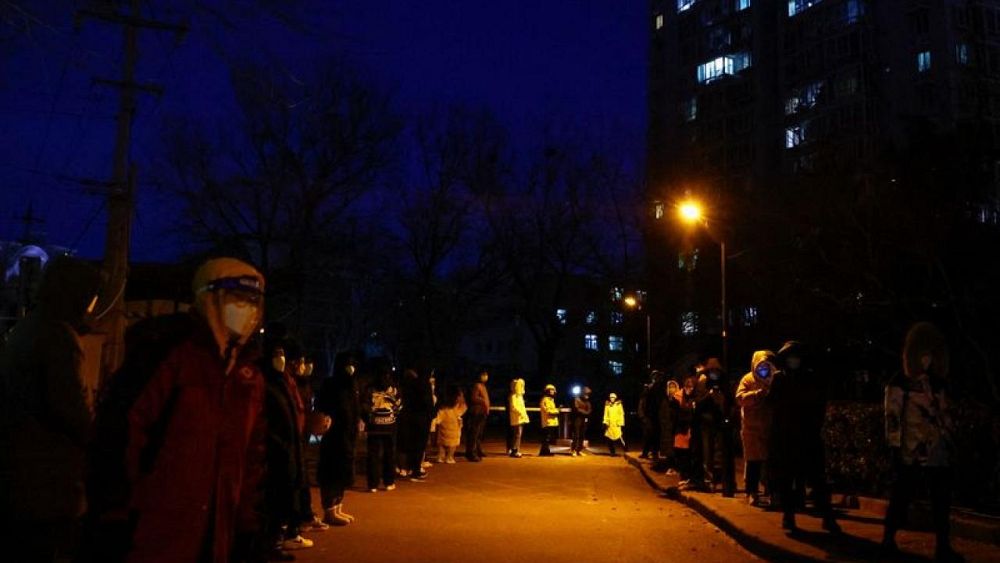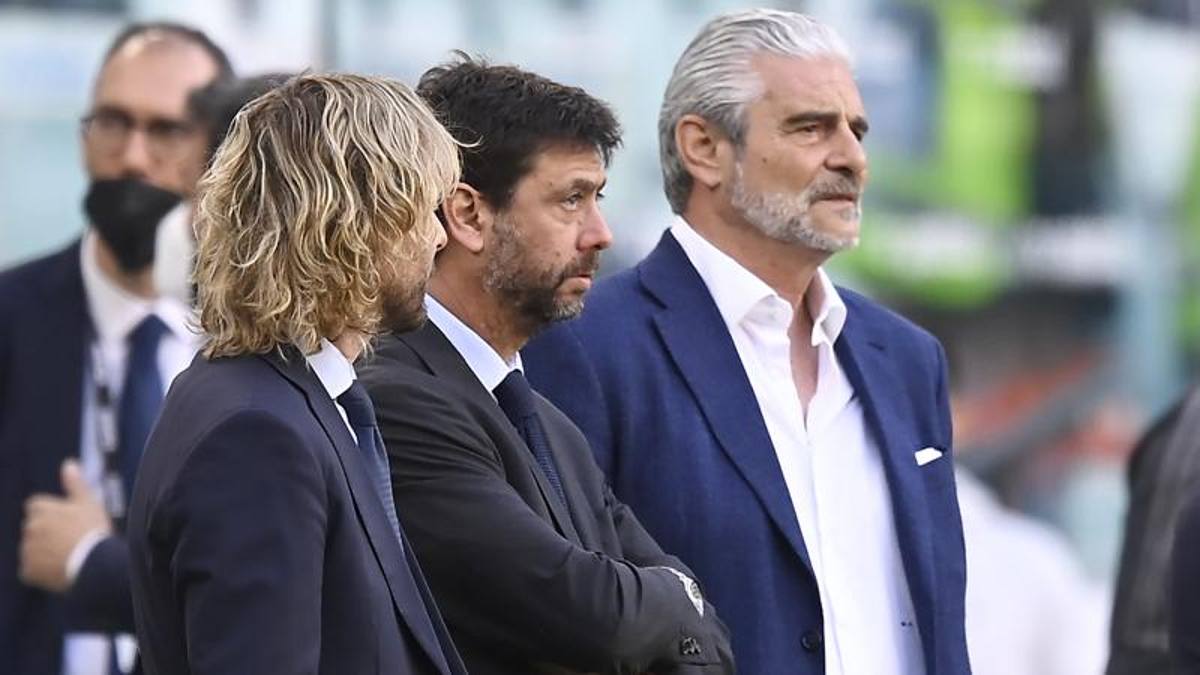By Michael Martina and David Brunnstrom
WASHINGTONDecember 3 – Chinese President Xi Jinping is unwilling to accept Western vaccines despite challenges China faces with the COVID-19, and while the recent protests are not a threat to the Communist Party government, they could affect his personal position, US director of national intelligence Avril Haines said on Saturday.
Although the daily cases of COVID in China are close to all-time highs, some cities are taking steps to ease testing and quarantine rules after zero policy COVID of Xi triggered a sharp economic slowdown and public unrest.
Speaking at the annual Reagan National Defense Forum in California, Haines said that despite the social and economic impact of the virus, Xi “is unwilling to take a better vaccine from the West, and instead relies on a vaccine from China that it’s not nearly as effective against omicron.”
“Seeing the protests and responding to them runs counter to the narrative they like to present, which is that China is much more effective in governing,” Haines said.
“It’s not, again, something that we see as a threat to stability right now, or regime change or anything like that,” he said, adding: “How this plays out is going to matter to the position of Xi”.
China has not approved any foreign vaccines against the COVID, opting for those of national production, which according to some studies are not as effective as some foreign ones. That means easing virus prevention measures could pose big risks, according to experts.
The White House said earlier in the week that China had not requested vaccines from the United States.
A US official told Reuters that China was “not currently expected” to approve Western vaccines.
“It seems rather unlikely that China will greenlight Western vaccines at this point. It’s a matter of national pride and they would have to gobble up quite a lot if they go this route,” the official said.
Haines also said North Korea acknowledged China was less likely to hold it accountable for what it called Pyongyang’s “extraordinary” number of weapons tests this year.
In the midst of a record year of missile tests, North Korean leader Kim Jong Un said last week that his country aims to have the most powerful nuclear force in the world.
In a later panel, Admiral John Aquilino, commander of the US Indo-Pacific Command, said that China had no motivation to stop any country, including North Korea, from causing trouble for the United States.
“I would say it’s in their strategy to push these issues,” Aquilino said, referring to China.
He added that China had considerable leverage to pressure North Korea over its weapons tests, but he was not optimistic that Beijing would “do anything useful to stabilize the region.”

